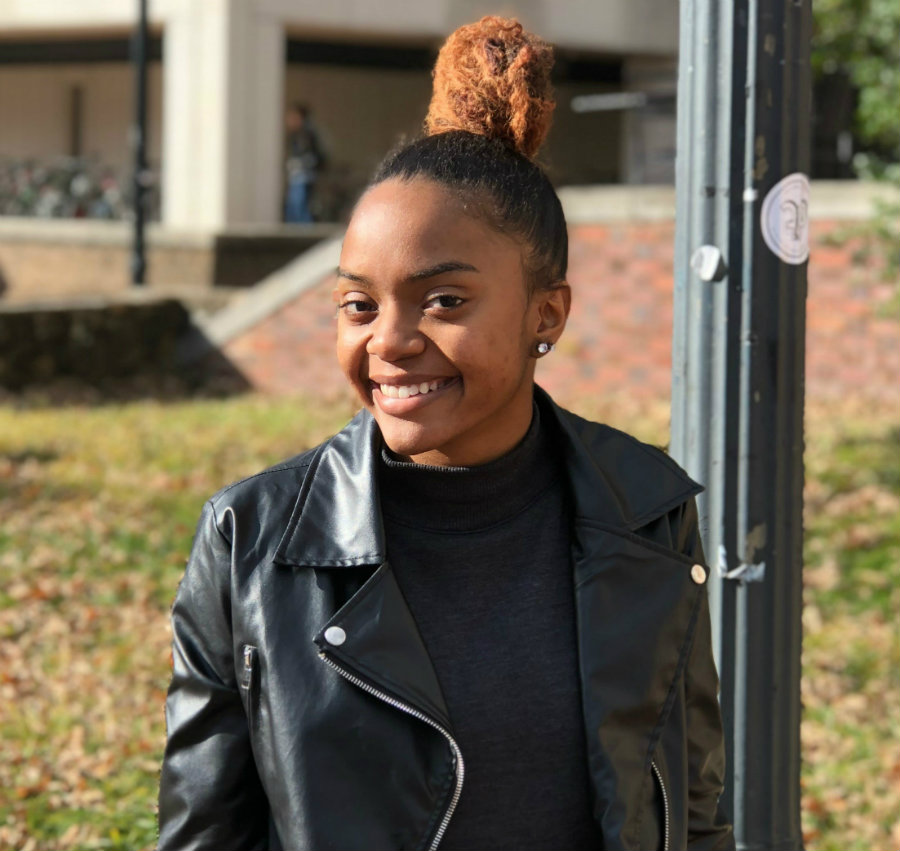
This post was contributed by BOOST Science Coach Maya Daniel. Maya is an alumna of the BOOST Program who now attends the University of North Carolina at Chapel Hill.
On February 21, the BOOST Program at Duke University joined organizations within Duke School of Medicine and others from the Durham community to co-host a free, public screening of the documentary film Resilience – The Biology of Stress & The Science of Hope.
Resilience focuses on Adverse Childhood Experiences (ACEs), which are stressors caused by factors like abuse, violence, and poverty. In the film, researchers used score sheets to tally up common stressors and instances of abuse in children. They found that the number of ACEs a child endures can impact their life in many ways. Some of these impacts can include lower life expectancies, addiction, homelessness and other poor health conditions.
Before viewing the film, I completed an anonymous survey to find my own ACE score. I had a total of 4 out of 10. While this might not sound bad, researchers found that just an ACE score of 4 could lower the life span by 20 years. Hopefully, knowing this will help be mindful of the lifestyle I create for myself. But what about the kids who are being impacted by childhood stressors can’t do anything about it? What about those who don’t even recognize that their experiences are stressors at all? Now that we are aware of this research, it is important to start educating others so we can make a difference within our communities.
While ACEs are good basic indicators for at-risk youth, it is important to note that ACEs are extremely broad and don’t focus on factors that disproportionately impact specific groups of people. This is particularly important for the BOOST and Durham communities, which include a high population of minority students. We as a community need to be ensuring that the kids within it are getting whatever form of treatment they need to not follow the data trends. And now that we know that ACEs have a real, lifelong impact, it is time to start implementing the screenings and programs necessary to help those affected.
